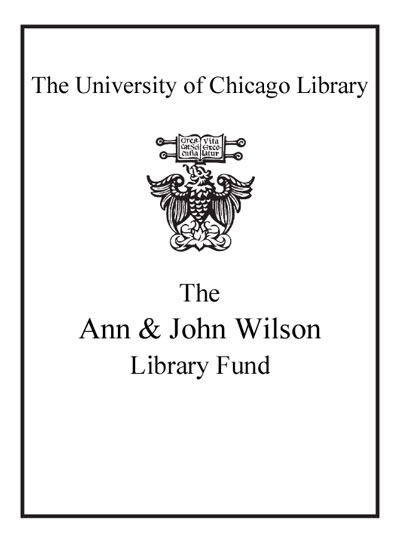Review by Choice Review
Gustafson (Georgetown Univ.) is a well-known authority on Russia and the Soviet Union. In this volume, Gustafson analyzes the history of the Russian and Soviet oil industry that played a central role in the economic development of this nation. Gustafson examines the tremendous problems of the Russian oil industry in the 1990s when it was moving away from government control. Then he discusses how Putin made an effort to return government control over this lifeblood of Russia's economy. In this context, Gustafson offers a particularly valuable assessment of how Putin handled the dismantlement of Yukos and the dispossession of Mikhail Khodorkovsky, its owner. This caused a major backlash both at home and particularly in the West, where Putin was accused of unfair treatment of those oligarchs who did not toe the line. Gustafson also provides an interesting evaluation of the 2008-09 crisis in Russia. He believes that tax issues were the focal point; therefore, he examines the taxation of the country's oil industry. Overall, Gustafson has made an important contribution to the study of Russian capitalism. Summing Up: Recommended. All readership levels. Y. Polsky West Chester University of Pennsylvania
Copyright American Library Association, used with permission.
Review by Publisher's Weekly Review
Few Americans realize that Russia is the world's largest oil producer, providing 12% of global supply. Gustafson, an authority on Russian energy politics and professor of government at Georgetown University, writes of the uneasy relationship between the state and oil industry since the fall of the Soviet Union in 1991. Throughout, he documents "unresolved conflict among Russians over the principles by which society and the economy should be run." Intramural struggles for control of "inherited oil assets and rent" in post-Soviet Russia and deep resistance to ostensibly superior Western technology have dragged down the industry. One major strand of the book follows the rise and fall of the private oil company Yukos and its CEO, Mikhail Khodorkovsky. The Yukos affair, particularly Khodorkovsky's arrest, signaled that Prime Minister Vladimir Putin intends to keep a firm grip on oil and much more. Gustafson grinds no axe, but concludes that Russians, comfortable with statism and coercion, "are not well prepared to deal with the coming challenge" in the looming worldwide increase in demand For specialists in geopolitics or global energy, this exacting and lucid account should be required reading. The sheer amount of detail, though, may be difficult more casual readers. Much of Gustafson's account involves shady politicians and complex strategies that only experts will recognize or easily understand. 3 maps, 7 charts, 2 tables. (Nov.) (c) Copyright PWxyz, LLC. All rights reserved.
(c) Copyright PWxyz, LLC. All rights reserved
Review by Kirkus Book Review
Peak oil's not just a capitalist conspiracy, and Vladimir Putin is vexed and peeved. When the Soviet Union collapsed in 1991, writes Gustafson (Government/Georgetown Univ.; Capitalism Russian-Style, 1999, etc.), the Soviet oil system went with it. In the 1980s, it was the world's leading producer of oil, but a decade later, production had fallen by half. Oil shored up the system, and by Gustafson's lights, it made Putin what he is today: Formerly a shabby bureaucrat, once fed a constant diet of oil rubles, his "standard of living clearly improved, even before he became president." Yet Putin is not the guarantor of a system under which capitalist Russia's new rich can safely continue to collect billions, for Putin seems to view oil as a means to an end, that end being a well-funded military. "His basic view," writes the author, "that revenues from oil should be channeled by the state to support Russia's other strategic industries, remains essentially unchanged from those views he first expressed in the 1990s when he first came to power." Gustafson notes that the Russian oil economy is at a crossroads, with no clear signal ahead. It might well revert to state control, or it might become a free-market leader, though the likelihood seems to tend in the direction of the former. What seems more certain is that the glory days have passed, since there's a rule of thumb in oil that the biggest and richest fields have likely been discovered and since production seems destined to dwindle, barring fantastic discoveries in the ever-more-accessible Arctic. A useful, readable primer in a specialized but strategically important corner of geopolitics.]] Copyright Kirkus Reviews, used with permission.
Copyright (c) Kirkus Reviews, used with permission.
Review by Choice Review
Review by Publisher's Weekly Review
Review by Kirkus Book Review

